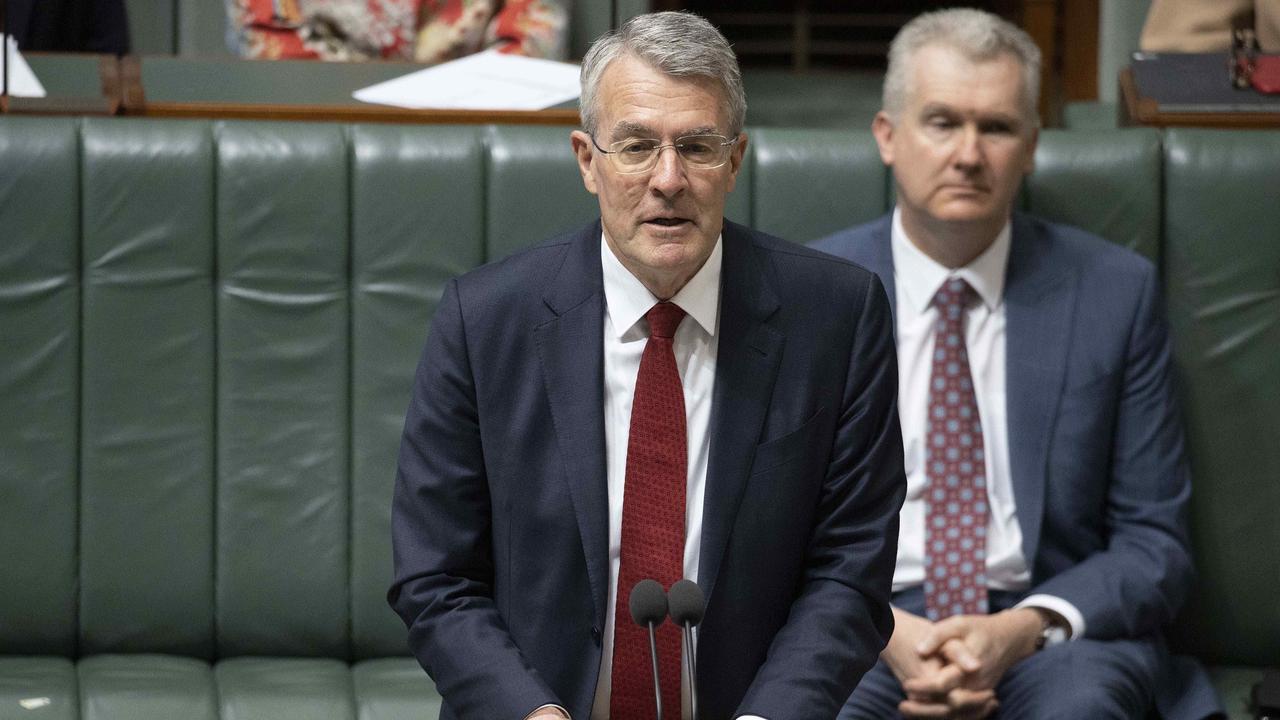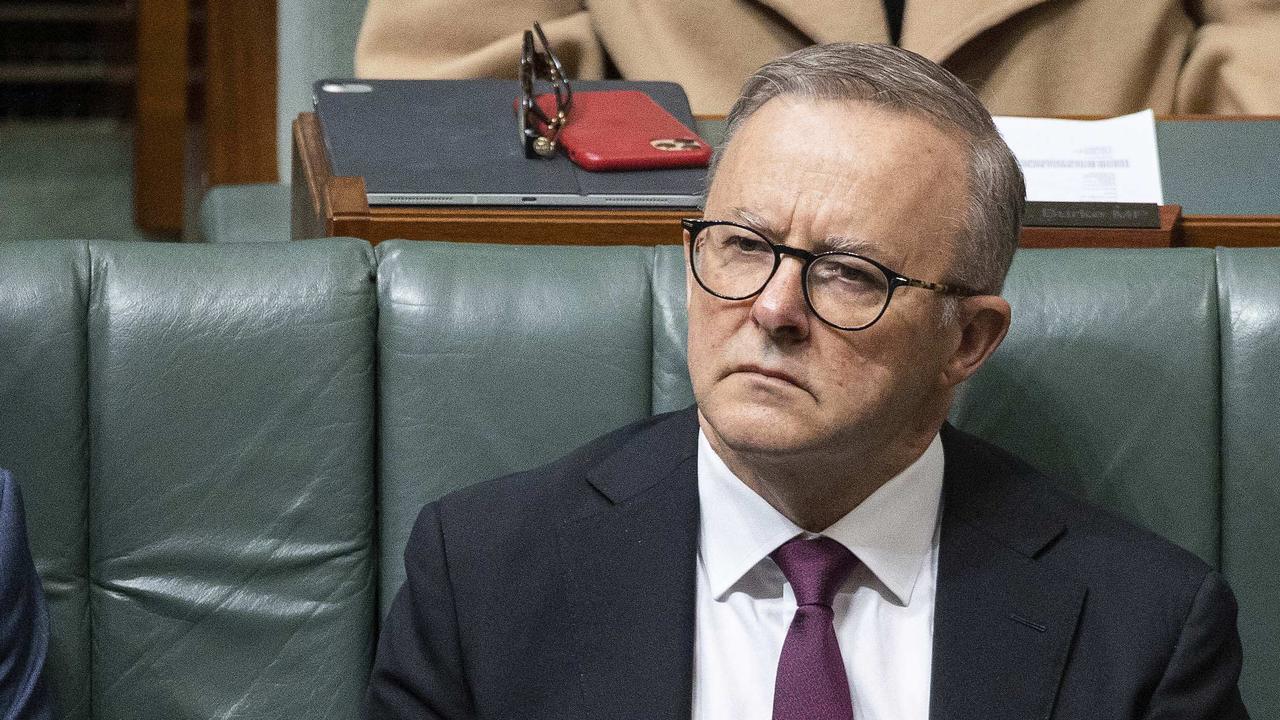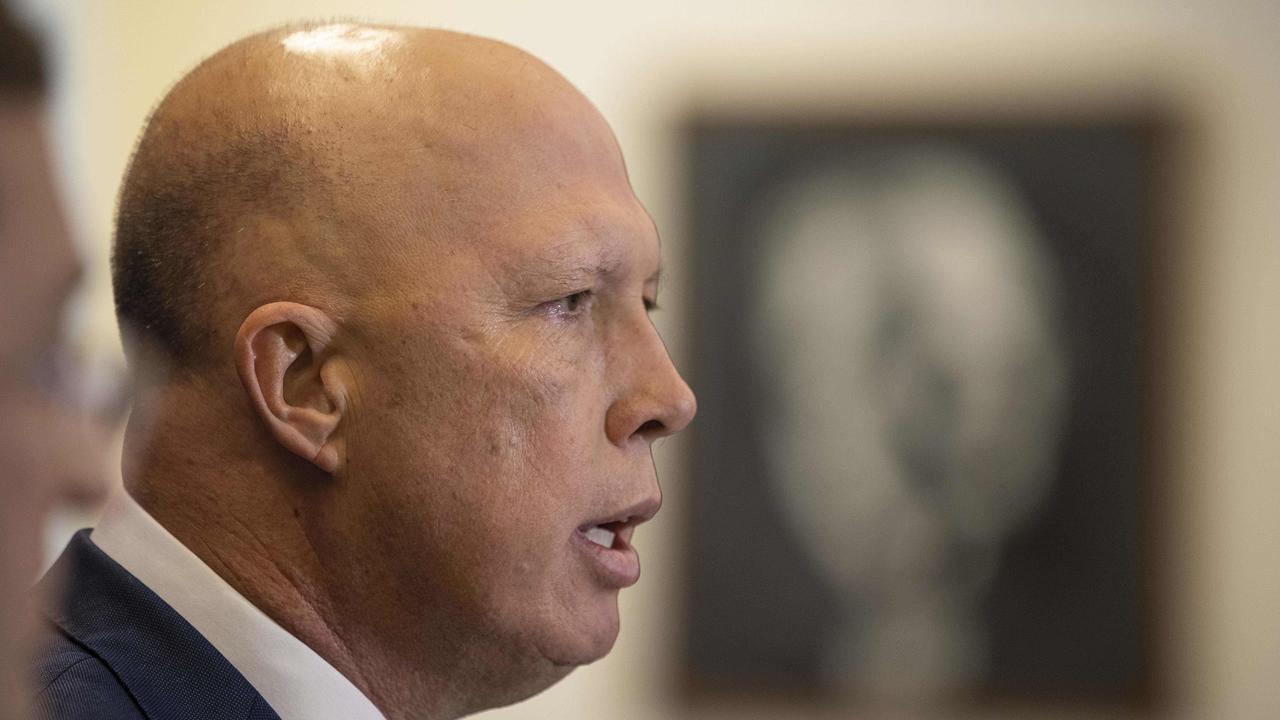National Anti-Corruption Commission: What powers will it have
Labor’s bill to establish a National Anti-Corruption Commission was introduced today. Take a look at what it means and what powers the NACC will have.

Labor has introduced its bill to establish a National Anti-Corruption Commission, which it hopes to legislate by the end of 2023.
WHAT IS IT?
The National Anti-Corruption Commission – also referred to as the NACC – is an independent body to investigate and report on “serious” or “systemic” corruption in the Commonwealth public sector.
It will be led by a commissioner, who will serve one fixed term of five years, and up to three deputies able to serve up to two terms.
WHO WILL IT INVESTIGATE?
The commission can investigate federal ministers, parliamentarians, staff, and the heads and employees of Commonwealth agencies, government contractors and their workers.
Defence force members, officers and directors of Commonwealth companies, and people providing services or undertaking work on behalf of any federal body may also be investigated.

WHAT ARE ITS POWERS?
The NACC will be able to tap phone conversations and covertly surveil devices.
It will also be able to compel the production of documents, obtain a warrant to enter and search premises, enter certain commonwealth premises without a search warrant, seize evidence and will have limited powers of arrest to ensure attendance at a hearing.
HOW ARE INVESTIGATIONS LAUNCHED?
The NACC can begin inquiries on its own or in response to referrals from any person, including members of the public or whistleblowers. Referrals can be anonymous.
IS THERE A TIME LIMIT?
No, the NACC will have retrospective powers and be able to investigate allegations from before its establishment.
CAN “THIRD PARTIES” LIKE LOBBYISTS OR DONORS BE INVESTIGATED?
Yes, “any person” can be investigated for corrupt conduct, if they attempt or succeed in adversely influencing the honest or impartial exercise of a public official’s powers or duties.

WILL IT HOLD PUBLIC HEARINGS?
The commissioner may decide to hold public hearing if they are satisfied “exceptional circumstances” justify it and it is “in the public interest to do so”.
The bill does not define what exceptional circumstances are, but suggests issues such as prejudice and reputational damage, or the vulnerability of a witness be considered when deciding whether to make a hearing public.
CAN THE NACC ENFORCE PENALTIES?
No, it will be able to produce factual reports, including findings of corruption, but will not act as a court.
The commissioner could refer evidence of alleged criminal conduct to the Australian Federal Police or Commonwealth Director of Public Prosecutions for further consideration.

WHO BACKS THE PROPOSAL?
Opposition leader Peter Dutton said the Coalition “supports a very strong” anti-corruption commission, but said his party room would determine its final position after the bill is sent to a committee for an inquiry.
He said the government’s bill “got the balance right” on public hearings.
Crossbench MPs and senators have been broadly supportive of the principles in the bill, but some are concerned the threshold for public hearings is too high.
Senator Jacqui Lambie said it was “just about going to kill off trust that we’re trying to establish with the Australian people”.
ACT Senator David Pocock said the NACC should not be constrained to only hold public hearings in exceptional circumstances.
The Greens have also raised concerns with this issue, and are also pushing for a broader definition of third parties and more independent oversight.
WHAT HAPPENS NEXT?
The bill has been referred to a joint committee for inquiry. From this process potential amendments may be proposed and accepted.
The government is hoping the inquiry will report back before the November parliament sitting fortnight, which it will then try to use to pass the bill.



